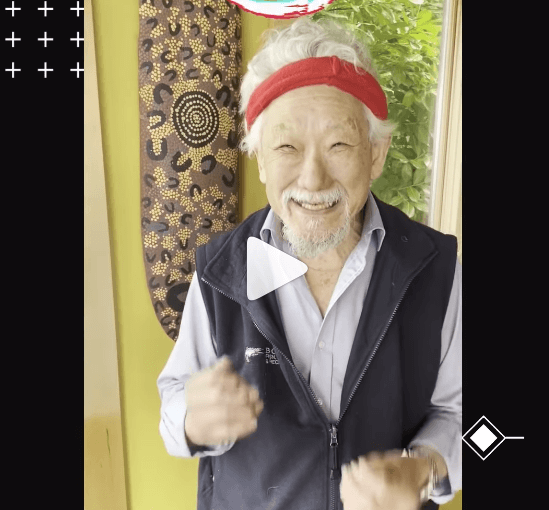
By speaking to communities in the languages that fill their homes, friend circles or even eating spaces, we can better motivate Ontarians to feel interested and excited about elections. (Photo: Mart Production via Pexels)
Ontario mein do sau zabaan boli jati hain.
This translates as, “Ontario is home to 200 languages.”
You have just been introduced to a sentence in Urdu, one of the many languages that illustrate the province’s unique linguistic diversity. This diversity tells a story of how people from all walks of life bring their oral traditions, stories and experiences to Ontario. In fact, the province receives 50 per cent of all immigrants who come to Canada.
The wide range of mother tongues in Ontario evokes a sense of curiosity in those who want to learn more, and provides a sense of comfort for those who do not see their language as popularly displayed as English.
That brings us to the upcoming Ontario election. There are 198 more languages in Ontario than we typically see when talking about the vote. Suburban cultural enclaves usually have some of the lowest voter turnouts, despite having a lot to lose if political leaders fail to recognize their interests.
Suburban cultural enclaves usually have some of the lowest voter turnouts, despite having a lot to lose if political leaders fail to recognize their interests.
Why aren’t they voting?
A recent Statistics Canada report explored reasons why some people didn’t participate in the 2021 federal election. One main reason was people simply weren’t interested. In other words, very little caught their attention.
Ontario is one of the most diverse provinces in the country, and these communities have the power to ensure election results reflect their priorities. This makes engaging with Ontario’s diverse population a crucial part of promoting civic participation.
That’s where the power of language comes in: linguistic diversity can be the solution to voter apathy.
Language offers a way to truly form deep connections with intended audiences. By speaking to communities in the languages that fill their homes, friend circles or even eating spaces, we can better motivate Ontarians to feel interested and excited about elections.
To speak to this issue, the David Suzuki Foundation released multilingual voter guides that inform people about how to register and where to vote.
That’s where the power of language comes in: linguistic diversity can be the solution to voter apathy.
The neat thing about linguistic diversity (and our guides) is that it extends beyond language. Since language is a gateway to a world of expressions, values and unspoken sentiments, its power stems from much that is unspoken.
We started with six languages, offering a way for communities to feel excited about the beauty their languages bring to the Ontario mosaic. By distributing them to restaurants like Naan & Chai in Ajax and Aunty’s Kitchen in Mississauga, we are motivating people to interact with the elections in languages and places they connect with.
Just as environmental diversity and protection are critical elements of what makes Ontario thrive, its linguistic diversity must also be recognized and reflected to get people to register and vote.
This is why we hope others will also work in multiple languages this election season. We have an entire province that is ready to listen, in about 200 languages.
Zabaan dil se suni jaati hai, bolnay say nahi. “Language is heard by the heart, not solely by speaking.”
This op-ed was originally published in The Toronto Star
Our work
Always grounded in sound evidence, the David Suzuki Foundation empowers people to take action in their communities on the environmental challenges we collectively face.




